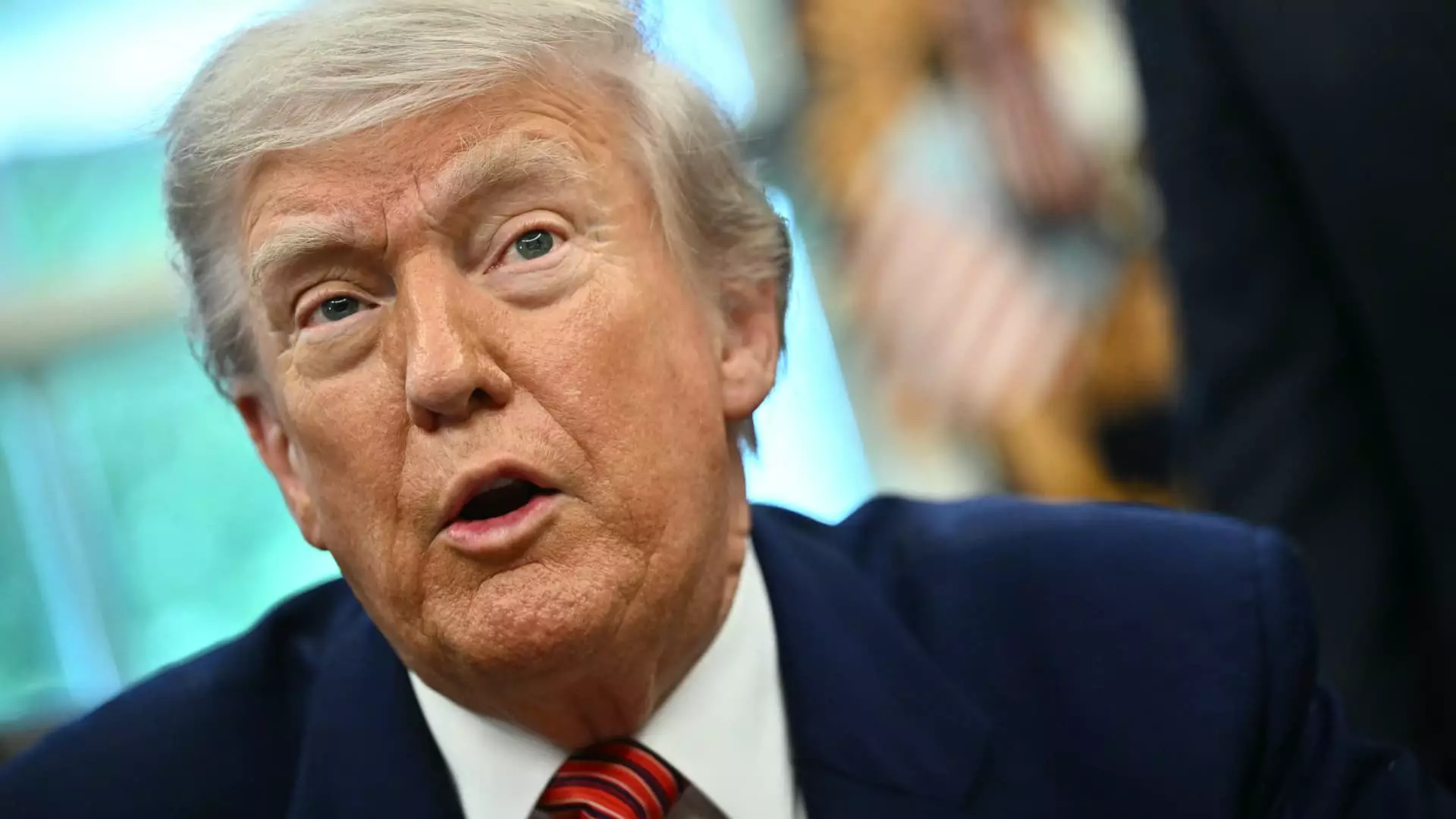In an era when the gravitas of military service should underscore unity and common purpose, President Donald Trump’s recent commencement address at the U.S. Military Academy at West Point verged on more of a divisive campaign rally than a traditional celebration of achievement. Clad in his familiar red hat emblazoned with “Make America Great Again,” Trump declared the graduating class as “the first West Point graduates of the golden age of America.” Such proclamations not only propagate the jingoistic rhetoric that permeates his policies but also obscure the complex realities facing the nation.
At the core of Trump’s message is an “America First” worldview that elevates military might above the ideals of diplomacy and international cooperation. While it’s essential for the military to be robust, the notion of leading the army to “summits of greatness” implies a dangerous romanticism about violence and conflict. This is more than a graduation; it’s a call to arms in the broader context of a crusade that dismisses the significance of soft power, human rights, and multilateralism—principles that should inform any responsible approach to global engagements in an increasingly complicated world.
Rewriting History for Political Gain
Trump’s insistence that he “rebuilt the military” stands as a textbook example of revisionist history—sweeping away the improvements and investments made prior by previous administrations. On one hand, the president extols the virtues of an all-powerful military; on the other, he disparages the legacy of service and sacrifice from those who paved the way before him. Such rhetoric serves multiple purposes: it mobilizes his base and fuels a narrative of outsider heroism while delegitimizing the sacrifices of recent veterans engaged in complex international missions deemed “nation-building crusades.” The truth is, this kind of “othering” of military initiatives only serves to deepen divisions both at home and abroad.
Moreover, Trump’s veiled condemnation of diversity, equity, and inclusion (DEI) initiatives in the military is indicative of a broader attack on the very fabric of American pluralism. As he praises the removal of what he terms “divisive political trainings,” we must ask ourselves: Are we truly liberated, or are we instead surrendering to a monolithic understanding of patriotism that disregards the ethnic and cultural components that enrich our armed forces? The elimination of cultural clubs at West Point and the purging of educational materials addressing racism and sexism from military academies create an atmosphere of intellectual stagnation rather than a robust discourse—essential for any institution preparing leaders.
Pursuing Power Over Principle
Trump’s rhetoric echoes a simplistic understanding of military dominance, suggesting that strength is monochromatic: “The military’s job is to dominate any foe and annihilate any threat to America.” This perspective not only undermines the multifaceted nature of modern military engagements but also neglects the essential role of moral responsibility in warfare. The world is plagued by myriad conflicts and challenges that cannot be conquered through brute strength alone; rather, it requires nuanced approaches grounded in respect, empathy, and international cooperation.
In the pantheon of military history, the most effective leaders understood that strength is not merely demonstrated through might, but through principled diplomacy and strategy. As the graduates don their uniforms and prepare to navigate an intricate global landscape, it is critical that they remember the strength of America lies in its multi-dimensionality, which includes the very ideals being systematically dismantled by the current administration. Empowering future leaders with a robust understanding of diversity and justice should not be viewed as a burden, but as an asset that uniquely positions the United States in a complicated global theater. In essence, Trump’s address, while masquerading as a celebration, serves as a cautionary tale of how power can and often does distort our foundational values.

Leave a Reply